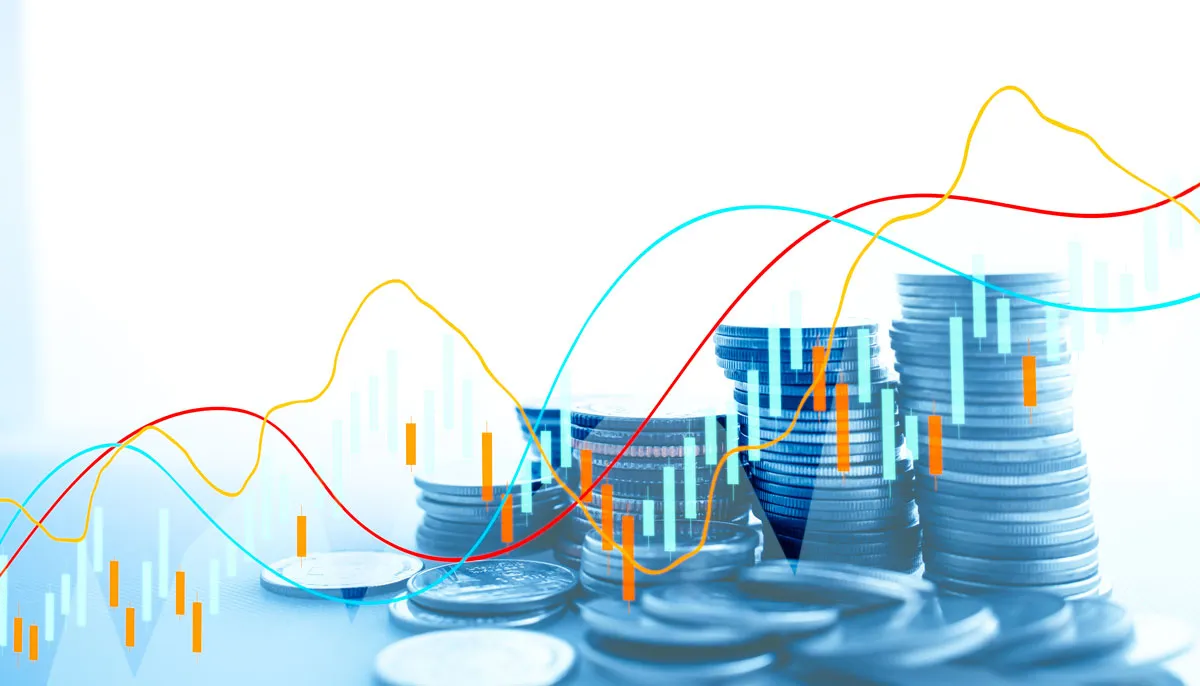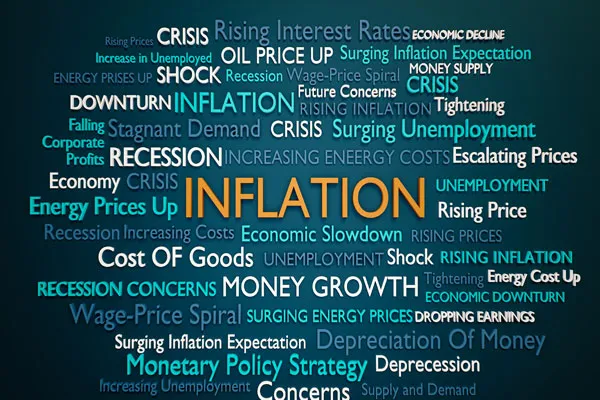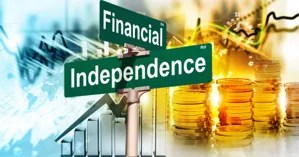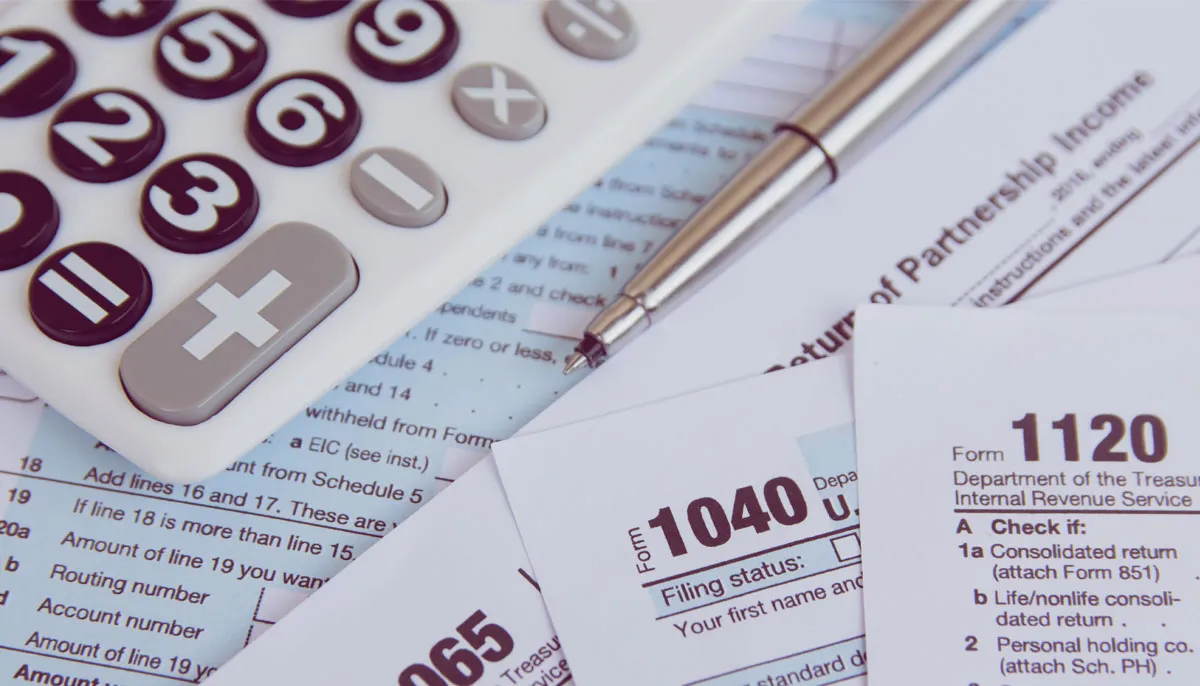
It's tough times out there, with inflation at an all-time high. The U.S. Inflation Rate is at 6.04%, compared to 6.41% last month and 7.87% last year. This is higher than the long-term average of 3.28%. Living costs are higher than usual, with large grocery bills, inflated service rates, and high interest rates.
It may feel like you are just getting by, but you can use three personal finance strategies to make paying your bills easier—and even grow savings during inflation.
Even if you can save a small amount each month, it can grow thanks to compound interest exponentially. Saving an extra $50 a month (assuming your money grows at the long-term S&P 500 growth rate of %) means you can save an extra $X in 10 years. Finding opportunities to drop some change in your account may be easier than you think. First, let's discuss inflation and how high it might go.
What is inflation?
Inflation is a general increase in prices and a fall in the purchasing value of money. This means that the things you buy today will cost more tomorrow. The Consumer Price Index (CPI) measures inflation., which tracks the prices of a basket of goods and services.
The Consumer Price Index (CPI) measures the average change over time in the prices paid by urban consumers for a market basket of consumer goods and services. Indexes are available for the U.S. and various geographic areas. Average prices for select utility, automotive fuel, and food items are also available.
How inflation affects purchasing power over time
Purchasing power loss or gain refers to the decrease or increase in how much consumers can buy with a given amount of money. Consumers lose purchasing power when prices increase. They gain purchasing power when prices decrease. If inflation persists at a high level or gets out of control, it can eat away at your purchasing power—what you can buy with your money. The same product that cost $2 six months ago might now cost $4 due to inflation. This price rise can erode people's savings and, consequently, their standard of living.
Experienced investors know the significant impact that loss of purchasing power can have on their investments. Inflation, which causes a decrease in the number of goods or services that can be purchased with the same amount of money, can erode the value of investments over time. To combat this, investors must seek opportunities that offer a higher return than the current inflation rate. Additionally, astute investors may monitor global economic conditions for potential impacts on their long-term investment strategy.

Image Source: Pixabay
Tips for growing your savings during inflation
It's not impossible to grow your savings during inflation. You may need to make some lifestyle adjustments and learn how to create better financial habits. Follow these suggestions, and you will see your savings accounts grow.
Create better financial habits to keep savings on track
Knowing where you want to be regarding your savings is a good place to start. Whether you have a goal of saving for a down payment on a home, building your retirement account, or another amount to save for, you need to have an amount in mind. It's a powerful motivator to be able to track your progress.
Starting with a budget is the key to creating better habits and hitting financial goals. Knowing where your money is being spent each month and what is leftover is the only want to make a change. When you can see your finances at a glance, it's easy to tell where money is being wasted. Knowing that a certain amount is allocated for bills means you can focus on the leftover amount and how you want to save it or spend it.
Setting aside a certain amount to put in your monthly savings account can help you think of that money as an essential expenditure. Knowing that the money has a place to go makes it easier not to waste it at the end of the month. You will thank yourself when that money is there in case of an emergency or when you're ready to retire.
Start cutting costs
While the idea of couponing isn't new, figuring out how to save on inflated prices is a great way to cut some costs. Shop with coupons, and look for loyalty discounts and free samples from your favorite stores. Look for coupons on apps like Coupons.com and Honey that will help you save on items hit hard by inflation, like eggs, butter, lettuce, and baking items.
Learning about alternate ingredients is also a good way not to break the bank on groceries and instead be able to put that money in savings. Stock up when your preferred items are on sale, and be bold and switch brands if the prices are better. Being flexible and diligent about searching for savings can help you avoid costly grocery store trips and keep overspending at bay.
Automate your savings. Putting this money automatically into a savings account means that you won't be spending that money on fruitless purchases. Sending your money directly to a high-yield savings account or an inflation-protected investment is a great way to keep your money safe and build up your accounts.
Make inflation-protected investments
Consider investing in inflation-protected securities, such as Treasury Inflation-Protected Securities (TIPS). TIPs are a type of U.S. Treasury security that is indexed to inflation. This means that the principal value of the security is adjusted for inflation so that investors are protected against the loss of purchasing power that occurs during periods of high inflation. They can also be an excellent way to diversify your portfolio, as they offer a different risk-return profile than other types of investments, such as stocks, bonds, and high-yield savings accounts.
Make sure your savings are earning a decent interest rate. Consider a high-yield savings account or a certificate of deposit (CD). If you have any savings left over after paying bills, drop this money in one of these savings accounts. A high-yield savings account is easy because your money is still accessible and can be tied to your other bank accounts, so depositing money is easy.
Saving is possible—despite inflation
In tough times like these, growing your savings can feel impossible. While you may not save as much as possible when the economy is soaring, it's still possible to make some good money moves. Find ways to motivate yourself so you don't get frustrated by setbacks and go on a shopping spree.
Sticking it out during this rough period will set you up for success and avoid setbacks in the next recession. Establishing better habits now will only grow your savings account and make you more comfortable the next time this happens. Happy saving!
Author Biography
 A contributing writer at Fortune, The Motley Fool, and Investopedia, Marshall has many years as an analyst and financial writer, writing about the mortgage and real estate industries, personal finance, home buying, and has been an Editor at Investopedia. Marshall has worked with some of the fastest-growing startups in the U.S. to build and manage content, such as RobinHood. With an eye for analytics, he is here to help Money Hawk users learn the best types of investing and how to make smart money moves.
A contributing writer at Fortune, The Motley Fool, and Investopedia, Marshall has many years as an analyst and financial writer, writing about the mortgage and real estate industries, personal finance, home buying, and has been an Editor at Investopedia. Marshall has worked with some of the fastest-growing startups in the U.S. to build and manage content, such as RobinHood. With an eye for analytics, he is here to help Money Hawk users learn the best types of investing and how to make smart money moves.





